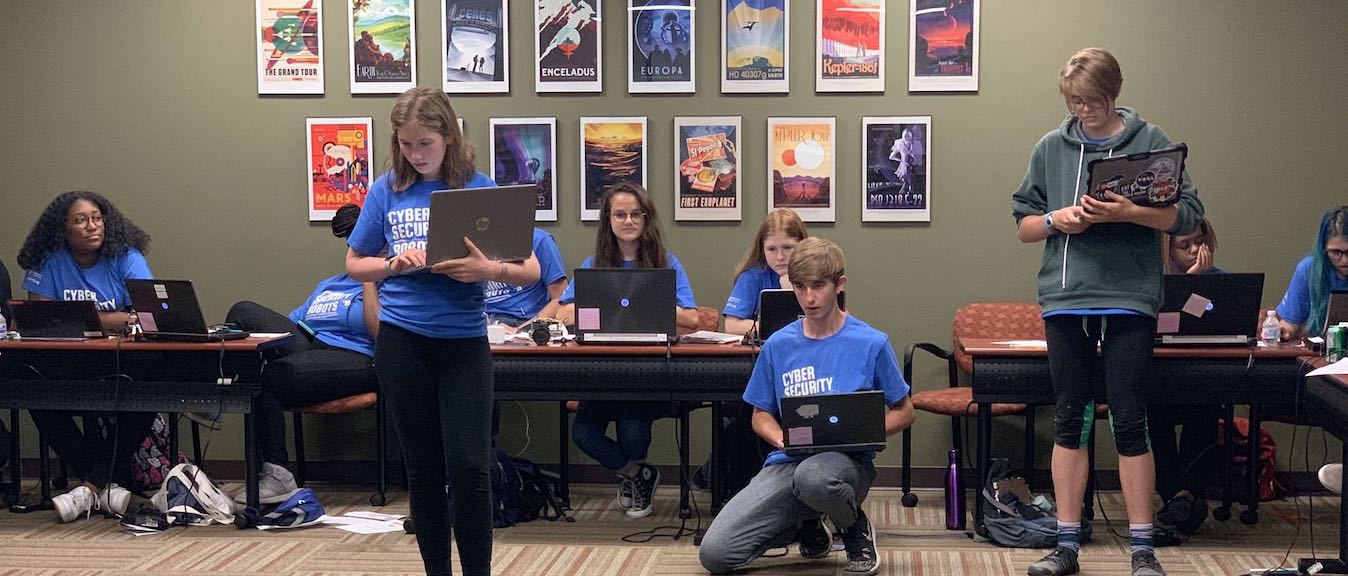
Computer Science for All
It is imperative that the computer science industry pay attention to diversity and recruiting more women and under-represented minorities to address the shortfall in computing graduates. Mechanisms also have to be developed to counter the perpetuation of gender stereotypes and threats. While enrollment in computer science programs has had large increases recently, the percentage of female graduates still significantly lags their male counterparts. Notwithstanding the progress made towards addressing the underrepresentation of women in computing, more effort needs to be made to understand the behavioral and scholarly patterns of secondary school students that affect their choice of degree programs and eventual career paths. As a woman in computer science and driven by the goal of of quality education for all, I hope to use my experience to target these efforts.
Relevant Publications
- Hutchins, N., Zhang, N., & Biswas, G. (2017). The Role Gender Differences in Computational Thinking Confidence Levels Plays in STEM Applications. Kong, S. C., Sheldon, J., & Li, K. Y.. (Eds.). In Proceedings of International Conference on Computational Thinking Education 2017. Hong Kong, 33-38.
- Hutchins, N.M., Biswas, G., Maroti, M., Ledeczi, A., Grover, S., Wolf, R., Blair, K.P., Chin, D., Conlin, L., Basu, S., and McElhaney, K. (2019). C2STEM: A System for Synergistic Learning of Physics and Computational Thinking. Journal of Science Education and Technology.
- Hutchins, N., Darrah, T., Zare, H., & Biswas, G. (2018).A DSML for a Robotics Environment to Support Synergistic Learning of CT and Geometry. Kong, S. C., Sheldon, J., & Li, K. Y.. (Eds.). In Proceedings of International Conference on Computational Thinking Education 2018. Hong Kong, 77-82.
Resources
Check out our NSF STEM For ALL Video
